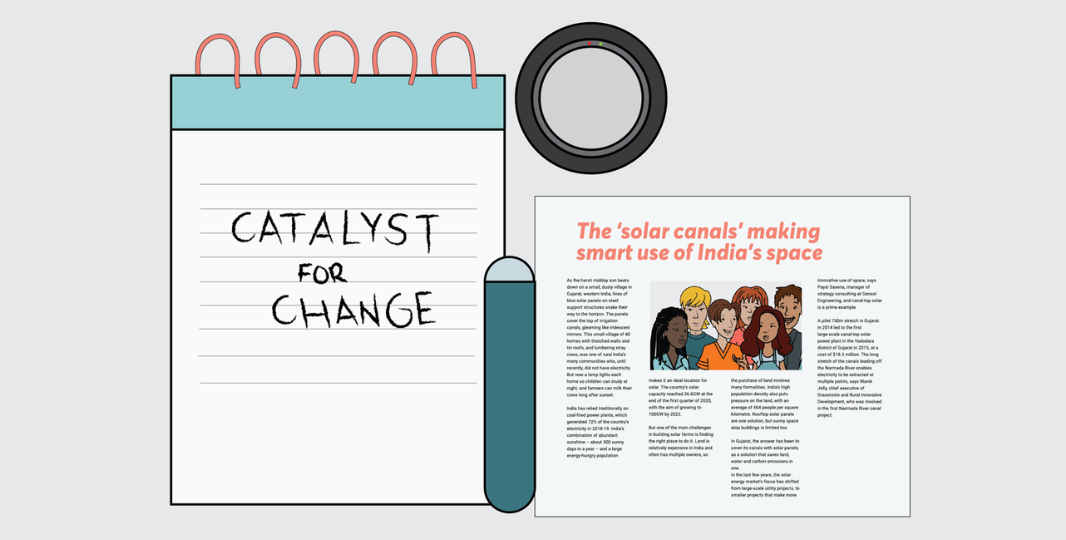It is widely known that climate change is causing increasingly frequent and dangerous weather conditions. What is less widely understood are the health risks associated with a warming planet. According to a recent Lancet report, global warming has escalated the transmission of life-threatening diseases and made treatment efforts more challenging.
Research shows that medical professionals are some of the most trusted messengers on a range of public health issues, and this trust is critical when it comes to informing citizens about polarizing issues like climate change. As a result, health professionals are uniquely qualified to engage and educate the public about climate change and motivate them to act.
Healthcare providers care about their communities and want to educate patients about the correlation between climate and health. A survey by The Lancet Planetary Health found that almost 90% of health care professionals feel they have a responsibility to discuss climate change with patients and the public, but also reported that they need more training on how to communicate the issue effectively.
Through its Environmental Solutions Program Area, AVDF invests in projects that train key influencers within specific communities on how to effectively teach others about the climate crisis and guide them into actions that lead to change. To equip these professionals for the task, AVDF awarded the Climate Advocacy Lab (CAL), through the fiscal sponsor Partnership Project, a $300,000 grant in 2021.
With AVDF support, CAL used evidence-based insights to equip 50 health care leaders with effective skills to communicate with their colleagues, their patients, and the general public about the impacts of climate change on health. CAL developed a 6-month virtual training program that provides ongoing support and guidance. Post-training surveys showed that participants gained confidence in their ability to communicate effectively and in relevant ways.
“The cohort has empowered me to influence my workplace, making me a more confident climate messenger. I’ve learned the effectiveness of using a health frame as a unifying force for climate issues, with health and storytelling identified as winning frames across demographics,” said one trained participant. “This shift in language has resulted in significant increases in engagement among health professionals.”
More than 40 health care professionals trained applied their learned skills to projects within their communities, with assistance from CAL and their online resource hub. One trainee is running workshops for local health departments in Massachusetts on climate-fueled extreme weather and health. A teacher at a nursing college updated her curriculum to cover how climate change affects human health. And trainees from New Hampshire and Michigan are campaigning for hospitals and health systems in their states to decarbonize.
“For years the Climate Advocacy Lab has been training organizations to use evidence-based strategies in their climate messaging. We at AVDF are proud to be supporting their ‘Climate + Health’ program, which has been designed specifically for professionals who are working at the intersection of climate change and health care. The program equips participants to be more effective agents of change within their professional communities,” said AVDF Director of Programs John Churchill.
The success of CAL led to a follow-up grant to continue and expand its work in this area. Through this additional $300,000 grant, CAL will leverage research, lessons learned, and networks developed to design a hybrid training, in-person and online, of their intensive training program for up to 80 health professionals. The training curriculum will focus on narrative and climate communications, including digital and social media, in service of behavior change. In addition to adding in-person training, CAL will also develop regional cohorts with the aim of increasing interaction among trainees for mutual assistance and encouragement among them.
Back to all Stories


